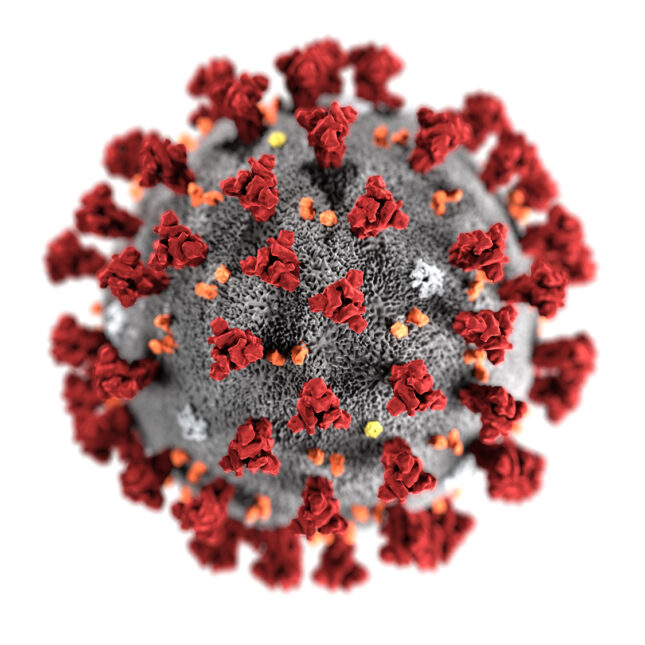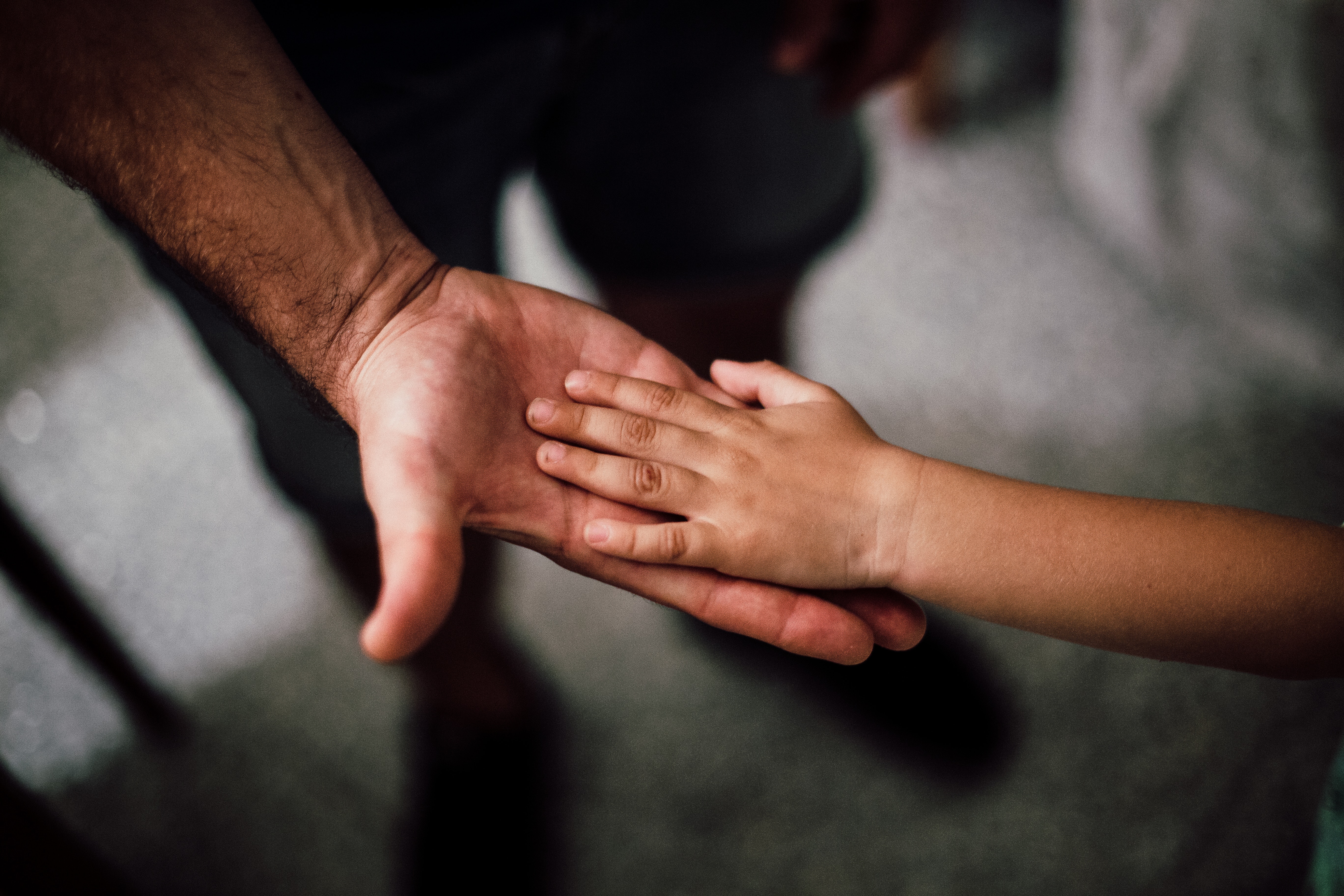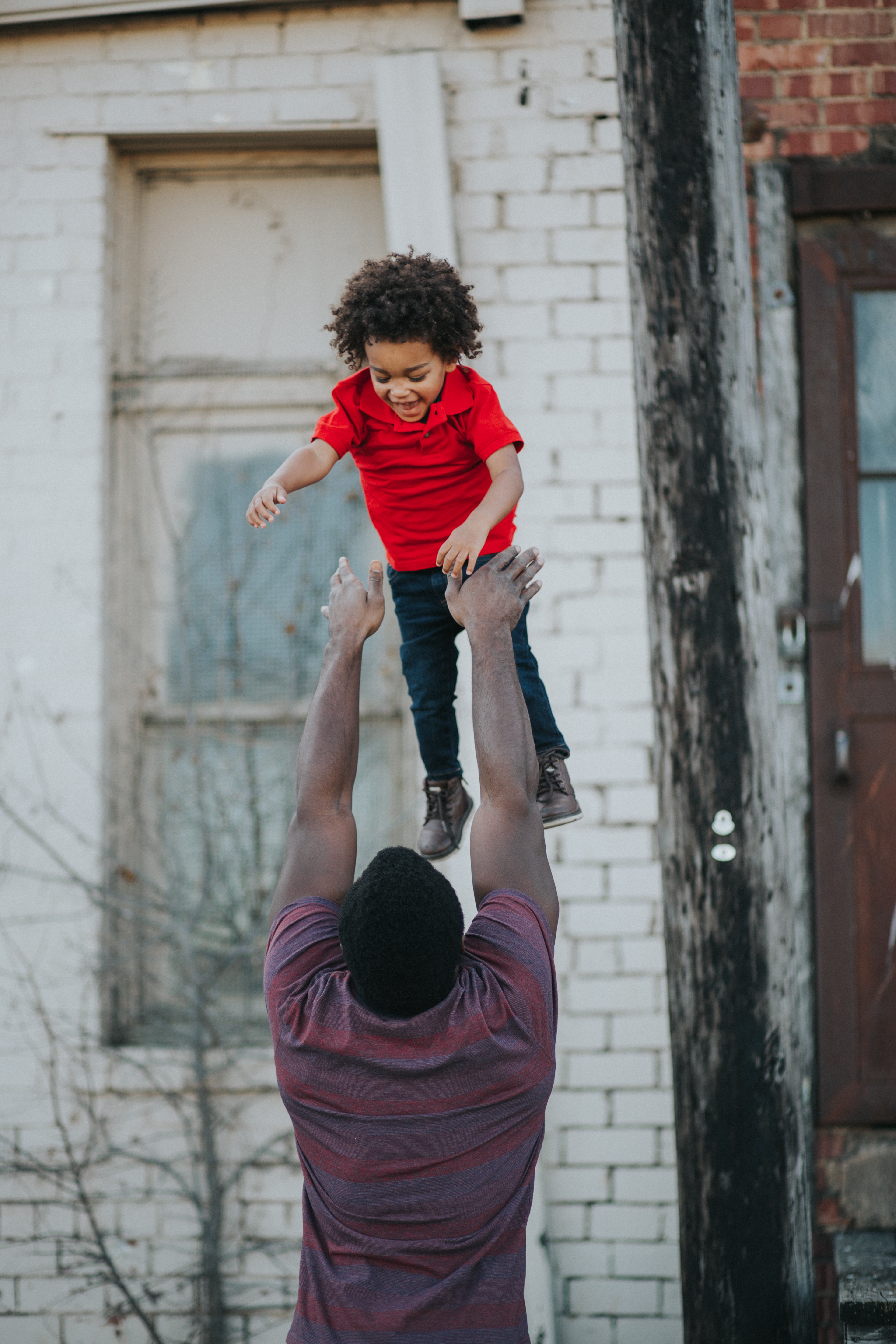
Professor Richard Warshak has penned an article on parental alienation in the journal Family Court Review. It’s entitled “Risks and Realities of Working with Alienated Children.” It’s a highly informative article, but it’s also a warning and one that’s long overdue.
As readers of this blog know, I’ve written many, many times about parental alienation. Often those posts are about the scandalous misrepresentation of parental alienation by journalists, lawyers and other advocates. The standard refrain is that the idea of parental alienation is a shady scheme hatched by abusive fathers to wrest custody of children from protective mothers. Given that, it’s clear that the opposition to the recognition of alienation and treatment of alienated children traffics in intellectual dishonesty for the purpose of further marginalizing fathers in children’s lives. In short, the people I refer to, because they seek to cast doubt on parental alienation, abet the abuse of children.
In his latest article, Warshak takes aim at some of those same “journalists.”
Glaringly absent from some media accounts is any information about the evidence the court considered in determining that the children’s best interests would be served by reuniting with a parent whom the children were rejecting for no good reason. Some decisions document appalling psychological abuse that compelled the judge to protect the children from further exposure to toxic parenting. Also absent from some media accounts are the voices of formerly rejected parents who recovered a healthy and rewarding relationship with their children, and the voices of formerly alienated children who used to avoid, but now embrace, their formerly rejected parent.
He then goes further and educates his readers about similar dishonesty among the ranks of mental health professionals.
First though, he very pointedly shows that there are risks to mental health professionals to working with alienated kids and providing forensic testimony. Parents involved in divorce and custody litigation, particularly those involving parental alienation, are often angry. If a custody evaluator offers an opinion that favors one parent, he/she can become the target of the other parent’s anger. Therefore, for reasons of professionalism, professional ethics and getting one’s opinions right, custody evaluators must know the science on parental alienation and have the requisite training and experience to give fact- and science-based opinions. To do otherwise is to risk discipline by professional licensing organizations and lawsuits for malpractice.
Warshak is clear on this and his suggestions are sound. But they also sound like warnings to me. Mental health professionals who carry into court their anti-PA biases run grave risks. The science is too far advanced to play fast and loose with and, in the process, children’s well-being.
But, outside of court, the anti-PA/anti-father crowd has been busy.
Paul Fink, a former president of the American Psychiatric Association and former president of the Leadership Council on Child Abuse and Interpersonal Violence, accused professional colleagues and members of the public of sexually abusing their children, based only on the fact that the people he accused favored official recognition of parental alienation.
Fink subsequently apologized and made it clear that he now understands that PA exists and that parents and children alike can be hurt by it. Nevertheless, the anti-dad crowd still uses his pre-apology words to support their cause. Of course they do.
As to the Family Bridges workshop that’s designed to address severe alienation,
A psychologist derisively dismissed the workshop to a reporter despite having no knowledge of the workshop, and having never talked with a parent who went through the workshop, or with any provider of the workshop. Five months later this psychologist read an article about the workshop, credited the article with helping to “demystify” it, and acknowledged that the intervention holds promise for some families. Naturally, a mystified professional would have done better to educate himself before publicly denigrating an intervention about which he was ignorant.
That is the level of frank dishonesty in which a supposedly professional psychologist engaged. He not only knew nothing about the workshop and didn’t divulge his ignorance, he lent his transparently false opinion to a “hit-piece” against a workshop that’s shown significant success in helping alienated kids.
Then there’s this:
For her work raising concerns about “false memories,” including children’s reports of parental abuse, Elizabeth Loftus was condemned as harming victims, and aiding murderers and rapists. She has also faced death threats and actual assaults.
And this:
Psychologists and their families have been stalked and had their private information, such as home addresses, posted on the Internet— a practice known as doxing…
Some professionals who work with alienated children, or merely write on the topic, have been targeted for intimidation and overt orchestrated campaigns to sully their reputation. They have been threatened with violence, invasion of privacy, and public humiliation. False information has been sent to colleagues, regulatory boards, and institutions with whom the professional is affiliated. The professional and his or her family are investigated with the hope of finding information that can harm the professional’s reputation.
It seems to border on the pathological that perfectly intelligent, educated people should resort to such tactics simply to oppose the very concept of parental alienation that every family court judge and family lawyer knows exists. These people make little pretense of intellectual honesty or doing what’s best for kids. Their goal is to cast aspersions on fathers for the purpose of weakening them in family courts. Why else would attorney Joan Meier pretend parental alienation to be this:
Parental alienation (or “alienation”), while lacking any universal definition, at its essence, is the theory that when a mother and/or child seek to restrict a father’s access to the child, their claims of dangerousness or harm are not true, but due to the mother’s anger or hostility, or pathology.
It’s a claim that has no basis anywhere in the literature on PA, but it does reveal that those who stoop to any level to try to cast doubt on PA believe it to be a gendered phenomenon in which unscrupulous fathers target innocent mothers.
Yes, there are risks out there for those who recognize PA and try to help parents and children through that briar patch. But, as the science on PA advances, there are now risks for mental health professionals, lawyers and journalists who, until now, have had free rein to frankly misrepresent PA and disparage their more scrupulous colleagues.
More on this next time.

















